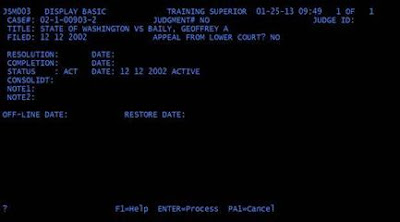 Beginning today, The Advance will no longer be updated on this site. But we aren't going away -- we are just moving over to the House Democratic Caucus web page. Check out our new look!
Beginning today, The Advance will no longer be updated on this site. But we aren't going away -- we are just moving over to the House Democratic Caucus web page. Check out our new look!With the move, we'll also be making this more of a blog by enabling reader comments. Starting on Monday, The Advance, along with other posts on our website, will allow readers to comment through their Facebook profiles.
As always, some topics will be off-limits to keep us out of trouble with state ethics laws and House rules. Comments that discuss political campaigns or promote commercial interests will be removed. Profane, obscene, personally abusive, and threatening comments will also be deleted. Off topic comments may also be removed at our staff’s discretion.
In short, we ask that you please keep the conversations civil, be respectful of differing opinions, and stay on topic. You can read our entire comment policy here.
Thanks for sticking with us for all these years. We'll see you over at www.housedemocrats.wa.gov/the-advance.
You can also like us on Facebook and follow us on Twitter.




























